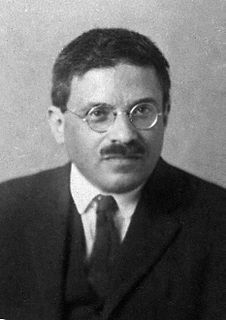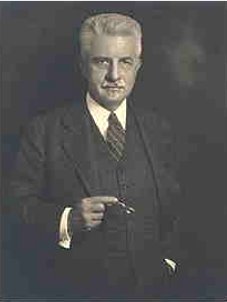A Quote by Michael Moorcock
It is almost impossible to have a baseless snobbish opinion of the General Theory of Relativity.
Quote Topics
Related Quotes
My opinion about Miller's experiments is the following. ... Should the positive result be confirmed, then the special theory of relativity and with it the general theory of relativity, in its current form, would be invalid. Experimentum summus judex. Only the equivalence of inertia and gravitation would remain, however, they would have to lead to a significantly different theory.
String theory is the most developed theory with the capacity to unite general relativity and quantum mechanics in a consistent manner. I do believe the universe is consistent, and therefore I do believe that general relativity and quantum mechanics should be put together in a manner that makes sense.
Relativity was a highly technical new theory that gave new meanings to familiar concepts and even to the nature of the theory itself. The general public looked upon relativity as indicative of the seemingly incomprehensible modern era, educated scientists despaired of ever understanding what Einstein had done, and political ideologues used the new theory to exploit public fears and anxieties-all of which opened a rift between science and the broader culture that continues to expand today.
General relativity is in the old Newtonian framework where you predict what will happen, not the probability of what will happen. And putting together the probabilities of quantum mechanics with the certainty of general relativity, that's been the big challenge and that's why we have been excited about string theory, as it's one of the only approaches that can put it together.
More philosophically-minded critics regarded Einstein's argument for relativity as little more than a logical bait-and-switch ploy: "[T]he supposition of most expounders of the Special Theory, that Einstein has proved the relativity of simultaneity in general - or that his 'simultaneity' is something more than a logical artefact - must manifestly be given up.



































